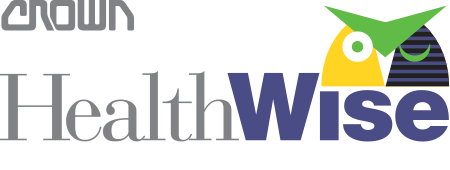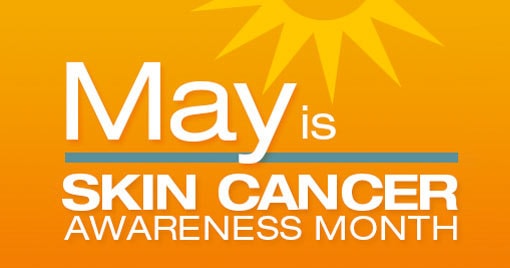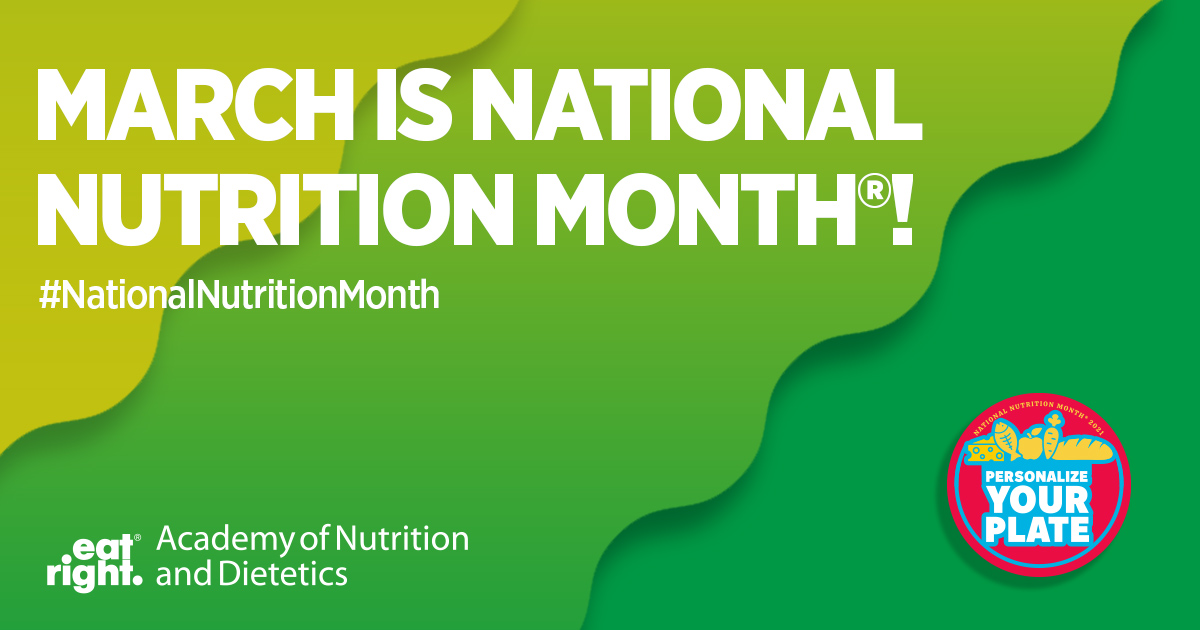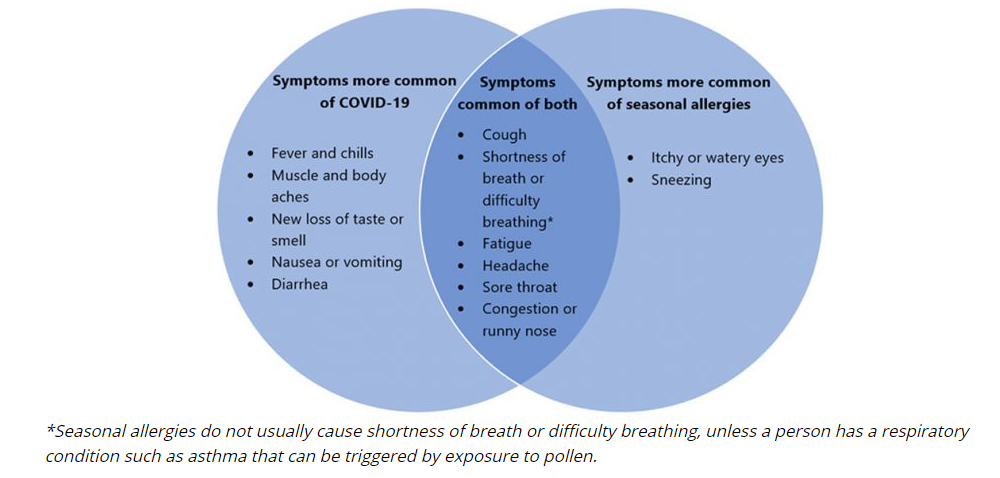There is more to an eye exam than just checking your visual clarity and improving your eyesight. Regular eye exams are also an important part of finding eye diseases early and preserving your vision.
Here are some reasons why you should visit your eye doctor every year, even if you don’t wear glasses or contacts.
Detect early signs of chronic diseases
Your eyes reveal a lot about your overall wellness. An eye exam can detect early signs of serious health conditions such as diabetes and hypertension. Regular eye exams are critical because what may seem like a vision-related problem might be an indication of a broader health concern.
Some eye diseases are symptom free
Diseases such as glaucoma, cataracts and macular degeneration tend to have no early warning signs. Getting an annual eye exam can help detect health conditions before they progress and may help preserve your vision.
Vision may not be as clear
You may think your vision is clear, but many people are often surprised to discover they aren’t seeing as well as they thought they were. An eye exam can reveal if you need glasses or contacts or an update to your current prescription to ensure you are seeing as clearly as possible.
If you are enrolled in Crown’s vision coverage provided by VSP, go to vsp.com and use the Find a Doctor tool to locate a VSP network eye doctor near you.

 Skin cancer is America’s most common cancer. Most skin cancer cases are associated with exposure to ultraviolet radiation from the sun. Fortunately, skin cancer is also the cancer you can see, making it one of the most preventable forms of cancer.
Skin cancer is America’s most common cancer. Most skin cancer cases are associated with exposure to ultraviolet radiation from the sun. Fortunately, skin cancer is also the cancer you can see, making it one of the most preventable forms of cancer.


 Since the beginning of COVID-19, holidays, special events, picnics and celebrations have changed dramatically. However, there are various ways to find peace and moments of joy during this holiday season.
Since the beginning of COVID-19, holidays, special events, picnics and celebrations have changed dramatically. However, there are various ways to find peace and moments of joy during this holiday season. The main job of the neck, or cervical spine, is to support the head. This is no small feat given that the head can weigh as much as 11 pounds. That’s why how you hold your head matters.
The main job of the neck, or cervical spine, is to support the head. This is no small feat given that the head can weigh as much as 11 pounds. That’s why how you hold your head matters.
